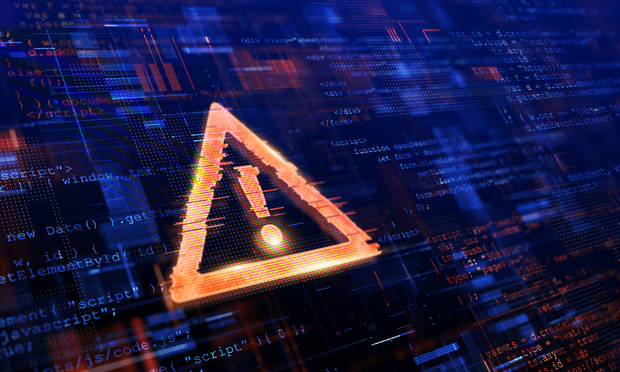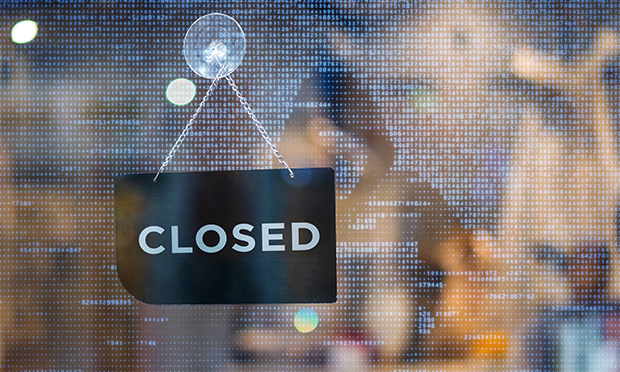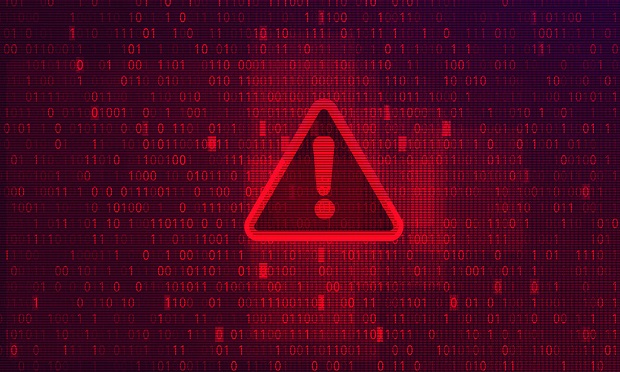 Historically, Japanese companies avoided paying ransoms by relying on punishingly slow data-recovery firms to piece together corrupted networks, says Tatsuhiro Tanaka, a retired major general who is now a research principal at Fujitsu System Integration Laboratories Ltd. But the rising frequency of attacks means the recovery cost is increasing too. (Credit: Sashkin/Adobe Stock)
Historically, Japanese companies avoided paying ransoms by relying on punishingly slow data-recovery firms to piece together corrupted networks, says Tatsuhiro Tanaka, a retired major general who is now a research principal at Fujitsu System Integration Laboratories Ltd. But the rising frequency of attacks means the recovery cost is increasing too. (Credit: Sashkin/Adobe Stock)
(Bloomberg) — Kojima Industries Corp. is a small company and little-known outside Japan, where it produces cup holders, USB sockets and door pockets for car interiors. But its modest role in the automotive supply chain is a critical one. And when the company was hacked in February 2022, it brought Toyota Motor Corp.'s entire production line to a screeching stop.
Want to continue reading?
Become a Free PropertyCasualty360 Digital Reader
Your access to unlimited PropertyCasualty360 content isn’t changing.
Once you are an ALM digital member, you’ll receive:
- All PropertyCasualty360.com news coverage, best practices, and in-depth analysis.
- Educational webcasts, resources from industry leaders, and informative newsletters.
- Other award-winning websites including BenefitsPRO.com and ThinkAdvisor.com.
Already have an account? Sign In







